A guest post by J.C. Paulson
On following your muse: it might just save your life, and other benefits.
When I awakened at three one morning a few years ago, as I had for months after a traumatic career ending moment, I was, for a change, not in tears.
I saw a (beautiful) reporter, a (stunningly handsome) cop, a (stupid homophobic) decision made by a church and a (dead) bishop. Where did that come from? Would I remember it all at a more reasonable hour of the morning?
Didn’t think so. But I did.
It became Adam’s Witness, a novel I never thought I’d write. Nor any novel, really.
I’m not much of a believer in intervention, divine or otherwise. Neither do I believe in astrology, but I am a perfect Virgo: analytical, critical, loyal to a fault . . . and very much with my feet planted on the hard unforgiving ground. Lightning bolts from heaven or any other mystical place do not, in my view, occur. At least, not to me.
But something happened. Somehow, my brain was trying to save my sanity, or perhaps myself. The mood did not actually improve much for a long time, in the overall; my father became desperately ill and eventually died, among other rather traumatic life events.
Even so, the creative muse eventually took hold and if nothing else served as a distraction. There’s nothing like diving into someone else’s life.
Even someone fictional.
And now, I am powerfully inclined to pitch my method of mind-bending to others. Simply, it is this: If a creative or athletic or other positive new thing is calling you, I advise answering the mental phone. Even if it’s hard.
Obvious by now is that my own escape from hell came via my creative cells, and I believe that most of us have those. Sometimes we have to go looking for them, but they are there; and in my view, they represent the best of ourselves.
Learning that I could actually sit down for longer than a few minutes, focus, type, research and write a book was an epiphany.
I am also here to tell you that publishing a book online and in print by yourself is not the easiest thing you’ll ever try, creatively or technically. Nor is trying to disseminate your new invention.
(I’m sure similar difficulties apply to all other pursuits.)
But I did it.
It boosted my self-confidence that I could learn something new — actually, several somethings. It cleared my mind of everything but my plot, characters, and message. Then it forced me to think, as they say, outside the box: how do you format a book on Amazon?
It also allowed me to blurt many of my strongly held beliefs (for example, why in the name of all that’s sane would some discriminate against or loathe LGBTQ people? Or any people?) when I had no other outlet.
To this day, I haven’t entirely sorted out why or how walking a new creative path changed my mind. Altered my brain, really. But it absolutely did. I’m quite sure it forged new synaptic pathways, and no kidding.
As to other benefits, there’s always a chance someone else might like, or even love, what you have made. Your book. Your painting. Your photograph. Your song.
You might make someone’s day. You might change their outlook for the better. You might entertain, or elevate, or excite.
But this is for certain. You have created something new and unique that did not exist before. And for that, my heartfelt congratulations.
Joanne (J.C.) Paulson, a long-time Saskatoon journalist, has been published in newspapers including The StarPhoenix, The Western Producer, the Saskatoon Express, allSaskatchewan and a variety of magazines.
She is the author of a mystery series including the novels Adam’s Witness, Broken Through, Fire Lake, Griffin’s Cure, and Two Hundred Bones, a novella. Her most recent works are a historical fiction/western novel entitled Blood and Dust, published by Black Rose Writing, and a wee children’s book, Magic Mack and The Mischief-Makers. Find her books via her website or on Amazon.
Are you a writer who’d like to contribute to this series? Leave a comment below and I’ll get back to you!
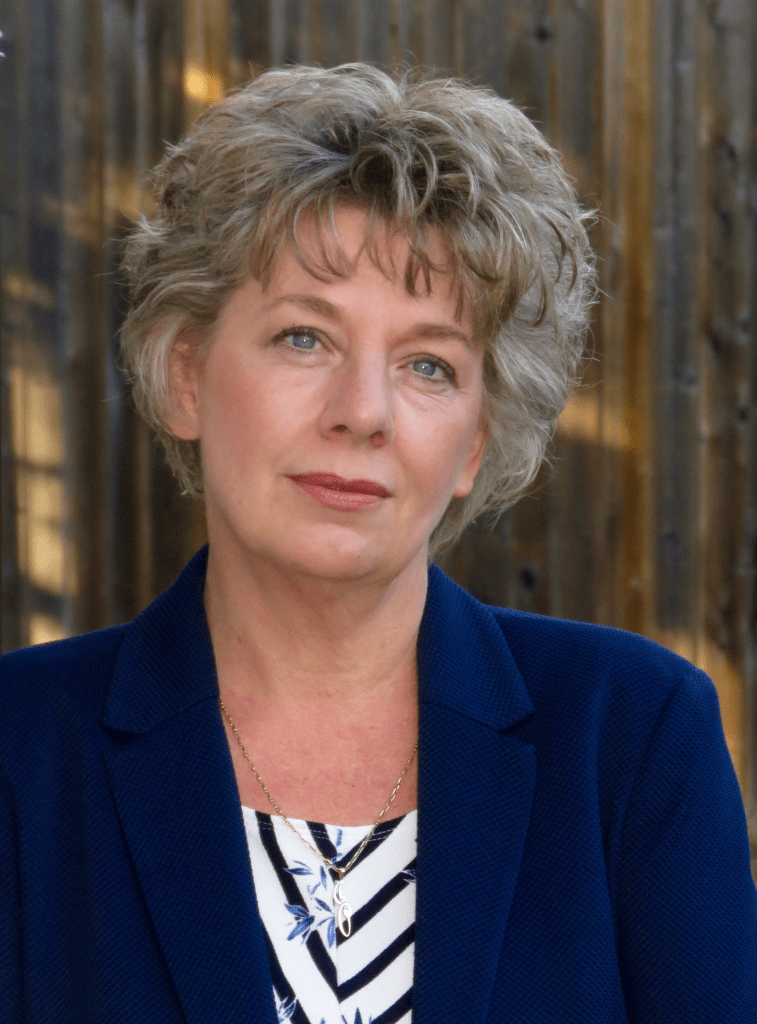



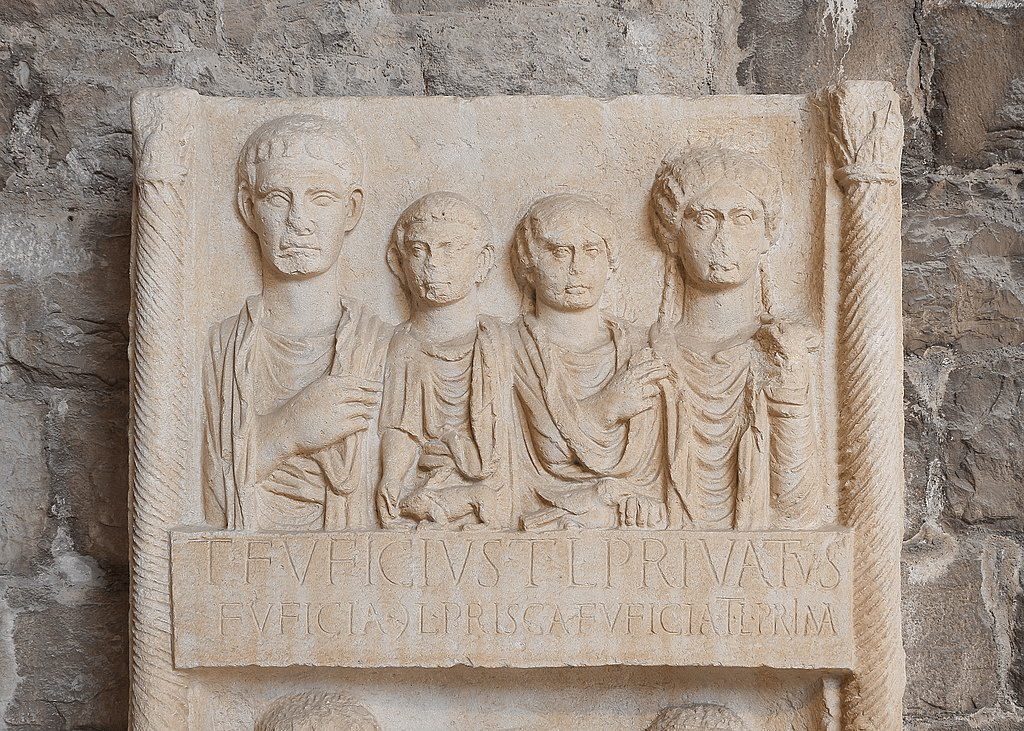
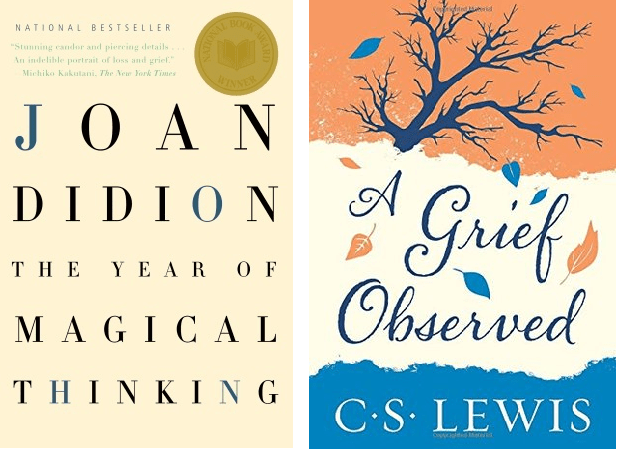


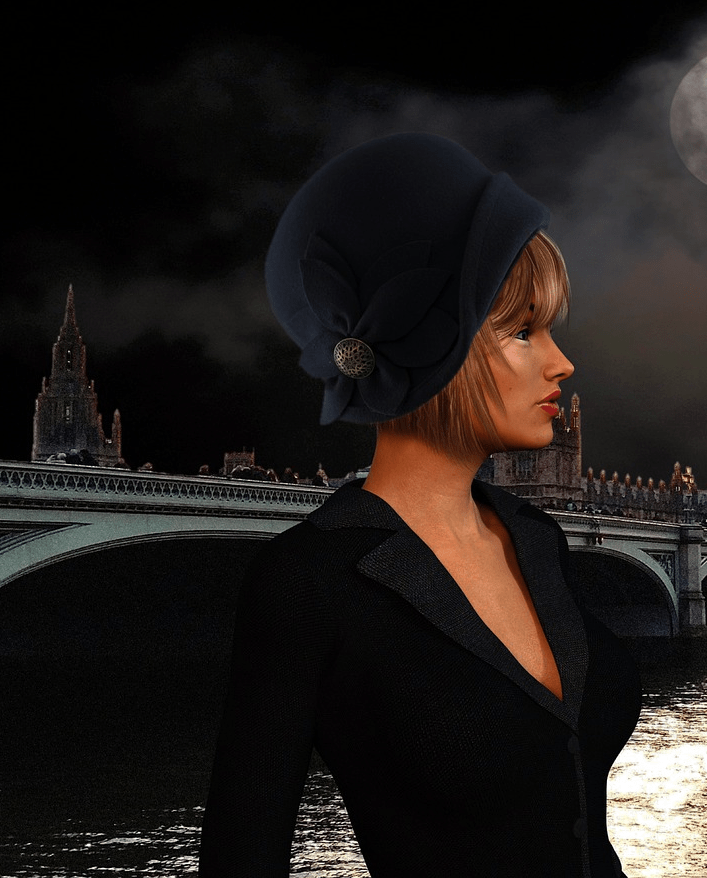

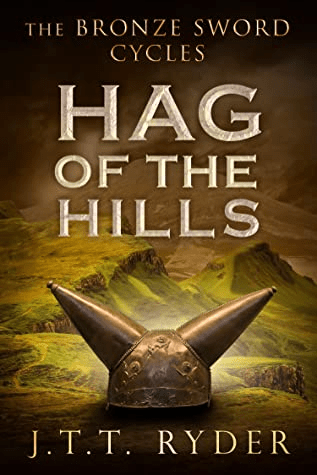



You must be logged in to post a comment.